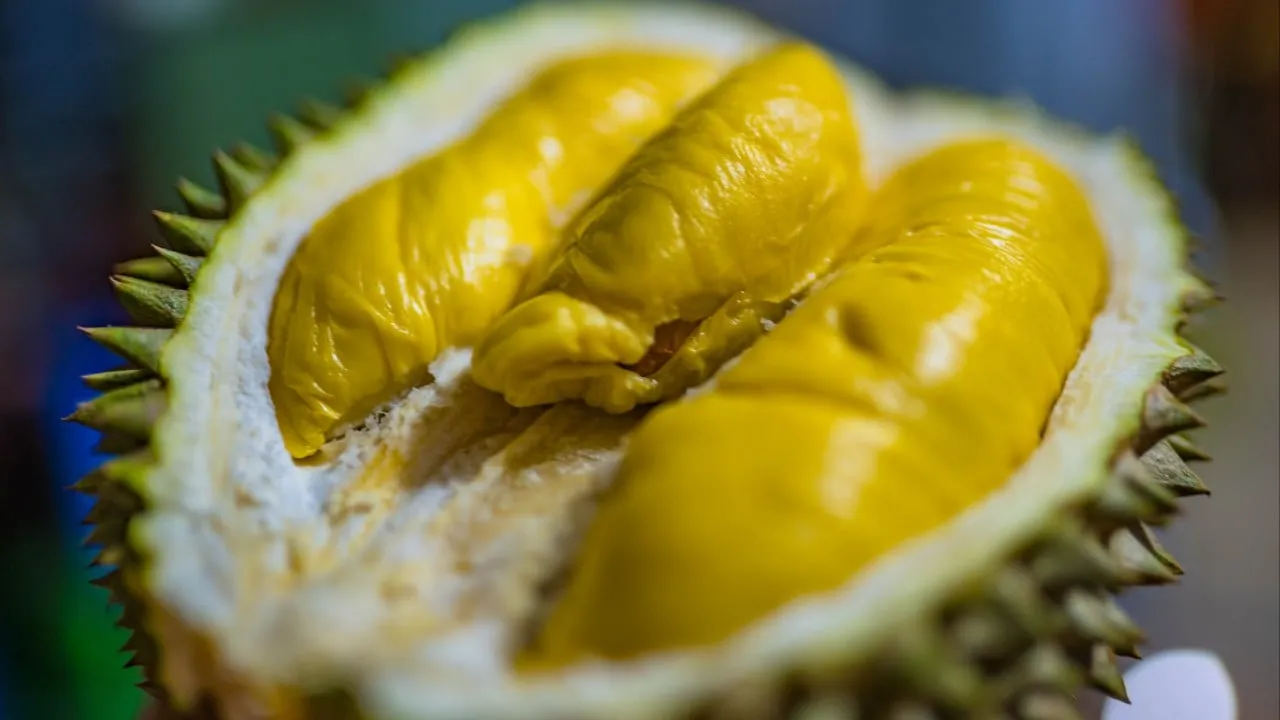Malaysia’s Durian Trademark and Its Impact on China’s Market

Impact of Malaysia’s Durian Trademark in China
China consumes a vast quantity of durians, with the Musang King variety being a favorite. The recently renewed intellectual property status ensures that Malaysian growers can provide consistent quality and command higher prices in the competitive market.
Quality Assurance for Consumers
Consumers purchasing the trademarked Musang King durians will gain confidence in the product's authenticity, as counters or lower-quality fruits can undermine reputation. Peng Peng of the Guangdong Society of Reform emphasizes how this designation preserves Malaysia’s unique identity for this variety.
- Musang King durians from Malaysia can retail for over US$80 in China.
- This variety has gained significant followers across Asia.
- Chinese imports also include durians from Thailand and Vietnam, leading to market diversity.
Challenges Ahead: Protecting Intellectual Property
Despite the confidence in intellectual property protection, challenges remain in ensuring that trademarked varieties are not replicated by growers from other regions. Zhao Yu, a finance professional and durian enthusiast, expresses doubts that these protections will hold unique appeal as competition rises.
- China has imported 1.4 million tonnes of durian, making it the largest market globally.
- Both Malaysia and China are signatories of the Paris Convention, enhancing their trade relationships.
- Industry experts suggest that continuous monitoring of the market and stringent regulations is essential.
While Malaysia strives to establish its durian trademark, attention from organizations and input from experienced producers like Simon Chin may prove crucial in the longevity of this esteemed fruit’s stature as a premium offering.
Disclaimer: The information provided on this site is for informational purposes only and is not intended as medical advice. We are not responsible for any actions taken based on the content of this site. Always consult a qualified healthcare provider for medical advice, diagnosis, and treatment. We source our news from reputable sources and provide links to the original articles. We do not endorse or assume responsibility for the accuracy of the information contained in external sources.
This article was prepared using information from open sources in accordance with the principles of Ethical Policy. The editorial team is not responsible for absolute accuracy, as it relies on data from the sources referenced.